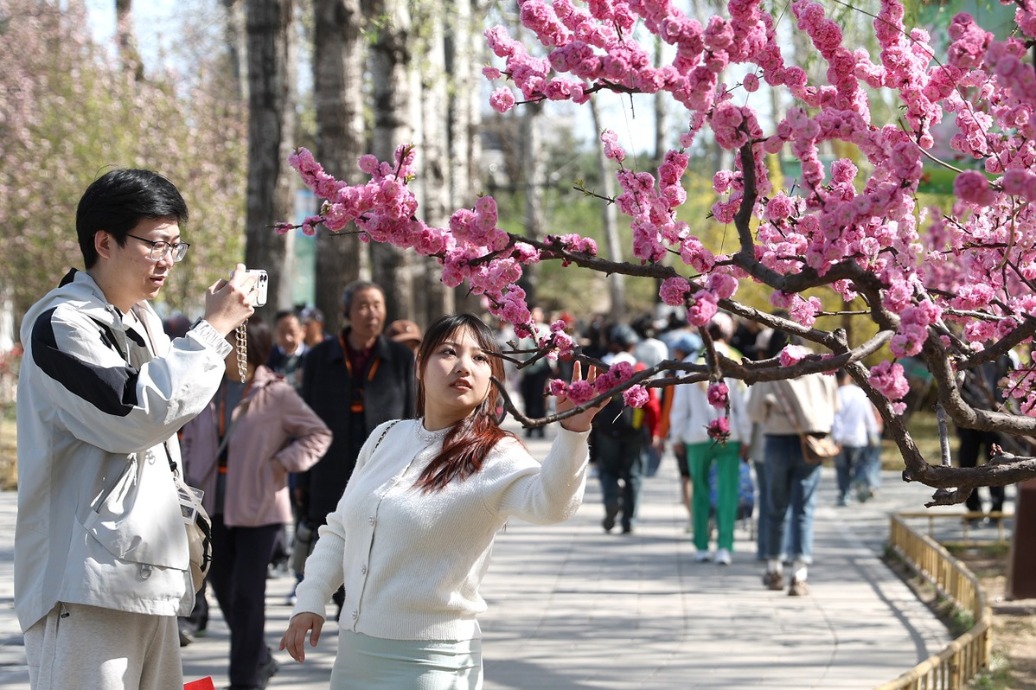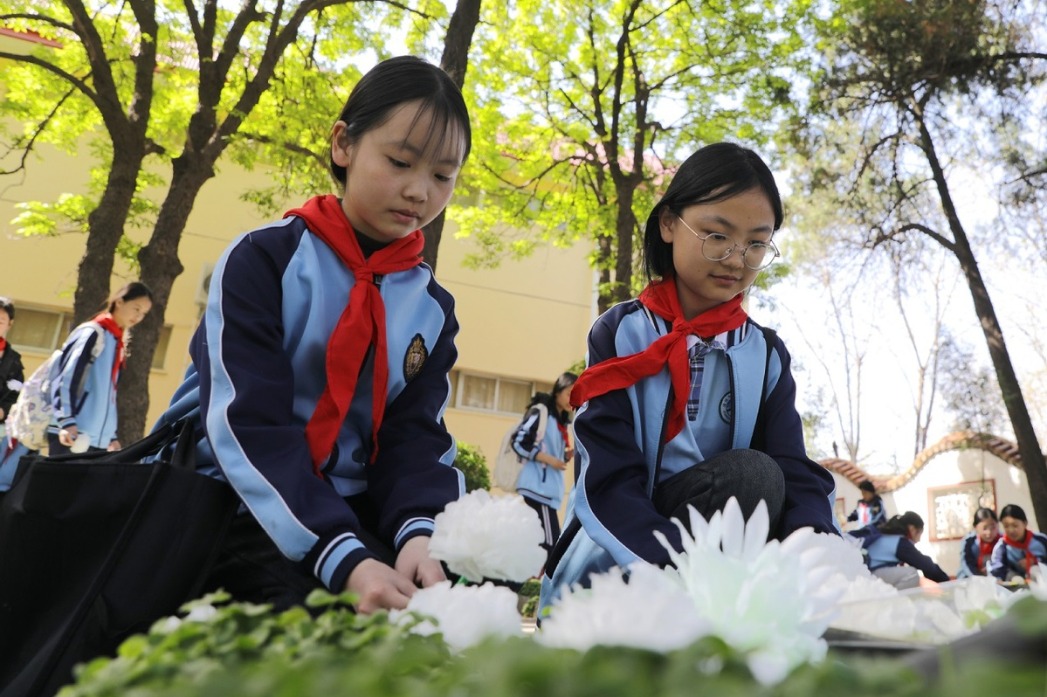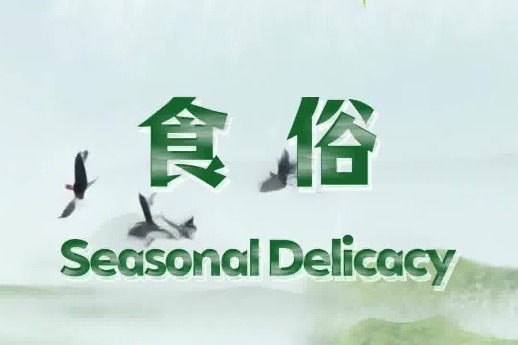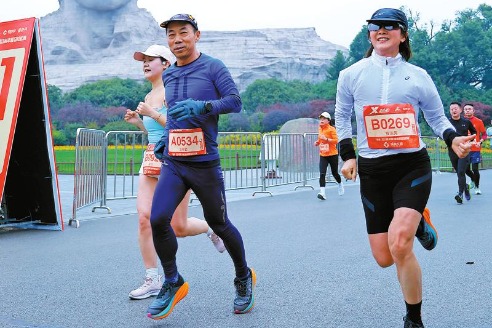Video makers should avoid infringement
Warning comes as creators challenge boundaries with artificial intelligence

As artificial intelligence technology advances, video creators should respect the copyrights of original works while making large-scale adaptations of films and television shows, according to an article published on Thursday by the Copyright Society of China.
The CSC, which is overseen by the National Copyright Administration, published the article with Yu Bo, deputy dean of the Intellectual Property School at the East China University of Political Science and Law, as the lead author.
In recent years, AI-generated video technology has sparked a wave of public creativity, leading to large-scale and "fantasy-style" adaptations of classic film and television works. The article said AI-modified videos are proliferating online, frequently challenging copyright boundaries.
In December, the National Radio and Television Administration's network audiovisual program management department issued a reminder, saying that such AI-modified videos — often created to attract views — desecrate classic intellectual properties, undermine traditional cultural perceptions, contradict the original spirit of the works and may constitute copyright infringement.
The article noted that AI-modified videos often rely on copyrighted materials from movies and TV shows, some of which are adapted from novels and plays. As a result, these videos risk infringing on adaptation rights and the right to preserve the integrity of original works.
China's Copyright Law defines the right of adaptation as "the right to change a work to create a new work with originality". The article said that if AI-modified short videos significantly differ in style from the original and present unexpected content or plot directions, they may be considered original.
However, it emphasized that if the modified videos retain original characters' appearances, voices, costumes and sets — making them easily associated with the original work — they likely infringe on adaptation rights without the copyright owner's permission.
Furthermore, the article said AI modifications often distort the original work's themes. Serious or profound narratives may be overshadowed by spoof-like elements, violating the creator's original intent and infringing on the right to preserve the integrity of the work.
On China's video-sharing platform Bilibili, a widely circulated humorous short video features the ancient Chinese warlord Cao Cao from the Three Kingdoms period (AD 220-280) engaging in a fierce battle with Captain America. The 1.5-minute video, which has amassed 1.54 million views, combines footage from a popular Chinese TV series and a film from the United States.
According to the China Internet Network Information Center, by June 2024, China had 1.05 billion short-video viewers, accounting for 95.5 percent of the country's internet users.
The article urged video creators, online platforms and government regulators to work together to reduce copyright infringement risks. It called on short-video creators to adhere to ethical standards, avoid catering to vulgar tastes for the sake of traffic and refrain from distorting or vilifying original works.
It also suggested that video-sharing platforms strengthen content review mechanisms and remove infringing short videos that alter classic works.
Regulatory authorities, the article said, must conduct regular enforcement actions and investigate platforms with widespread infringement or weak copyright oversight. It also recommended that the short-video industry establish self-regulation norms and standards to promote healthy and orderly development.
"In today's era of flourishing AI-generated content, we must fully leverage AI technology to promote the prosperity of short-video creation while effectively protecting the legitimate rights and interests of copyright holders," the article said.
jiangchenglong@chinadaily.com.cn




































